Imagine a world where kindness is so natural, it doesn’t require a reason. In the lush rainforests of Central Africa, bonobos—those gentle, wide-eyed relatives of ours—are quietly rewriting the story of generosity. Unlike the cutthroat competition we often expect in the wild, bonobos break the mold: they share food with strangers, not for reward or survival, but simply because they can. This astonishing behavior isn’t just a quirky footnote in animal science—it challenges everything we thought we knew about the origins of empathy and cooperation. What makes these primates so willing to give, even when there’s seemingly nothing in it for them? The answers might just reshape our understanding of human kindness itself.
The Astonishing Generosity of Bonobos
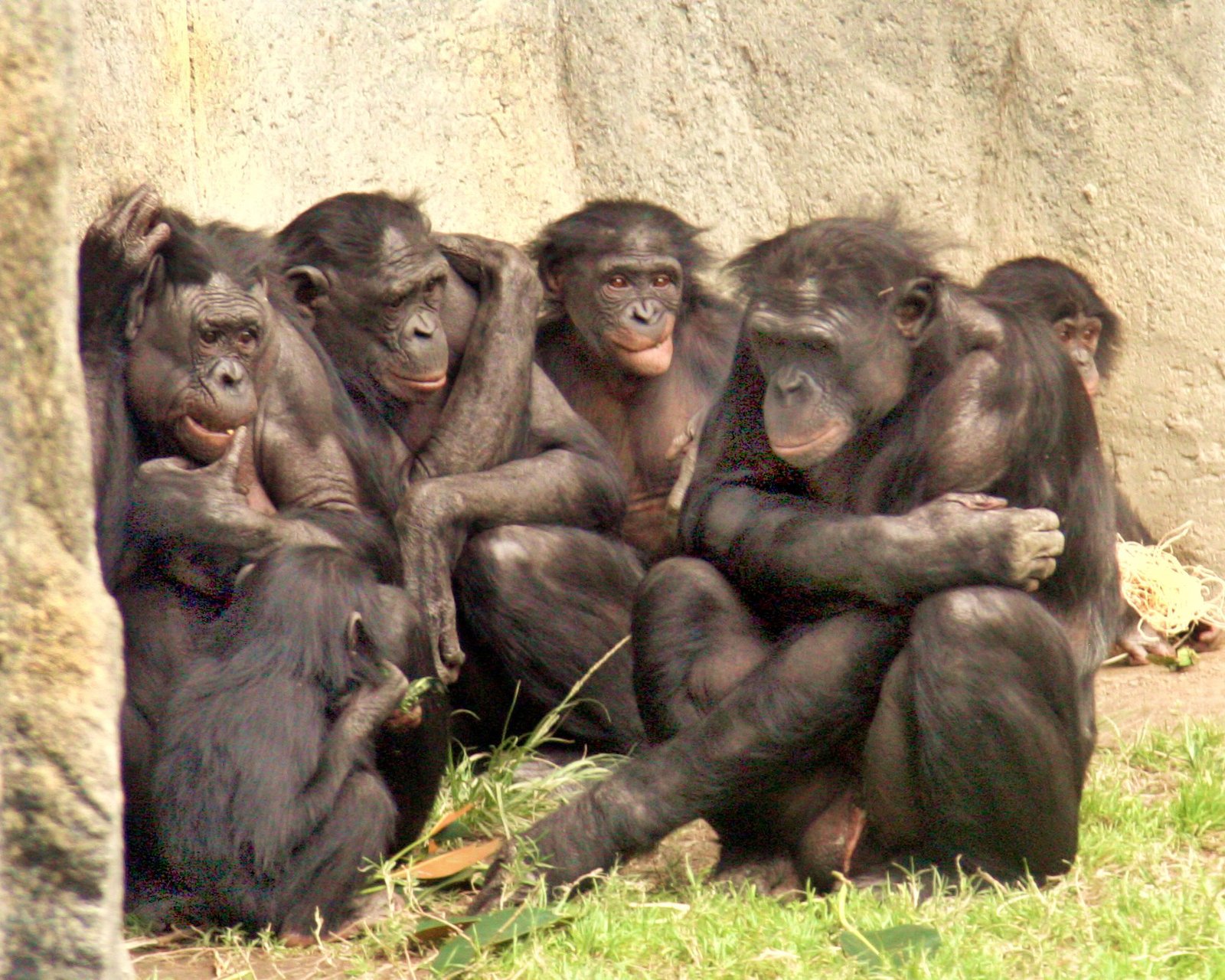
Bonobos are often described as the “hippies” of the primate world, and for good reason. Their society seems to run on cooperation and tolerance rather than aggression and dominance. Scientists observing bonobos in sanctuaries and the wild have been stunned to see these animals willingly share food with others—especially individuals they’ve never met before. This isn’t just about feeding family; bonobos will go out of their way to offer treats to complete strangers. Such behavior stands out in the animal kingdom, where sharing is usually reserved for kin or close allies.
Food Sharing: More Than Just Survival
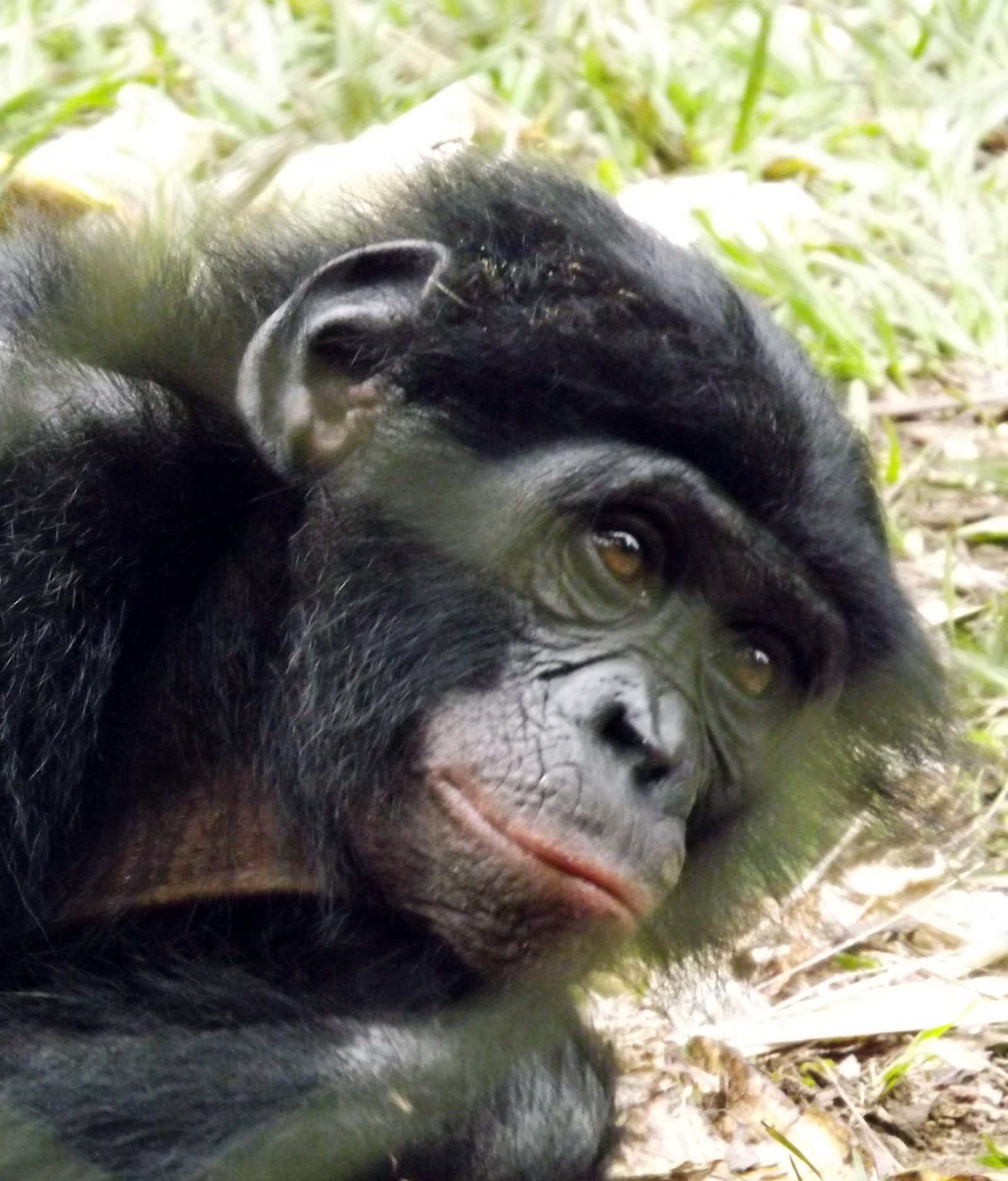
For many animals, sharing food is a matter of survival, tightly linked to family bonds or alliances. But bonobos flip this script. In controlled experiments, researchers found that bonobos frequently help others get food, even when they could have kept it all for themselves. In one memorable study, a bonobo opened a door to let a stranger into a room with food, even when the act didn’t benefit them. This wasn’t an accident or simple curiosity—it was a clear and deliberate act of generosity.
Breaking the Mold of Animal Behavior
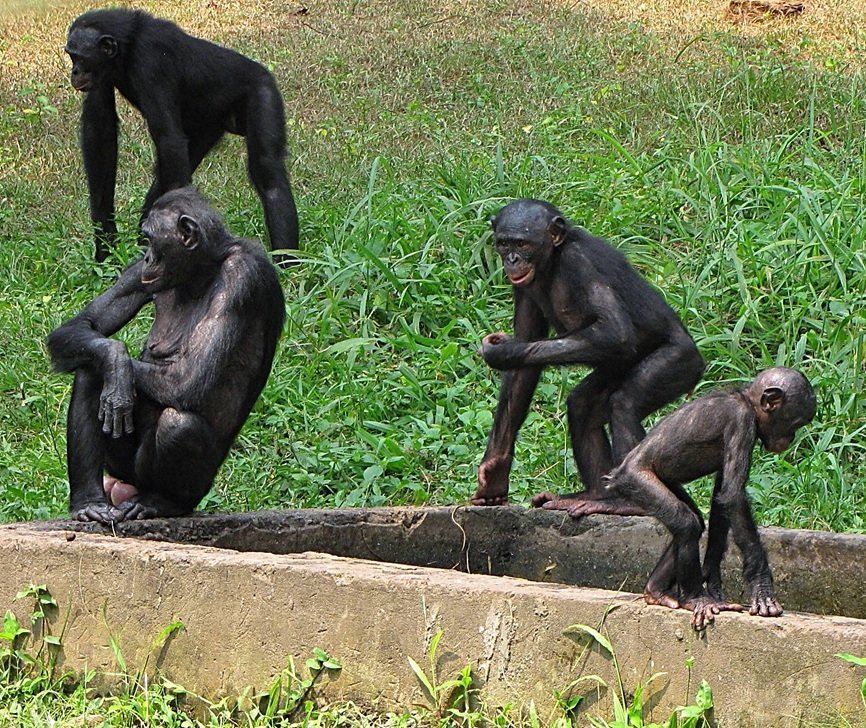
In the animal world, competition is often fierce, and resources are precious. Chimpanzees, our other close relatives, are notorious for hoarding food and even fighting over it. Yet bonobos demonstrate a radically different approach. Their willingness to share, especially with non-group members, is so rare that it has left scientists both baffled and inspired. This behavior suggests that the roots of kindness may run deeper than we ever imagined, possibly even predating our own species.
The Science Behind Bonobo Empathy
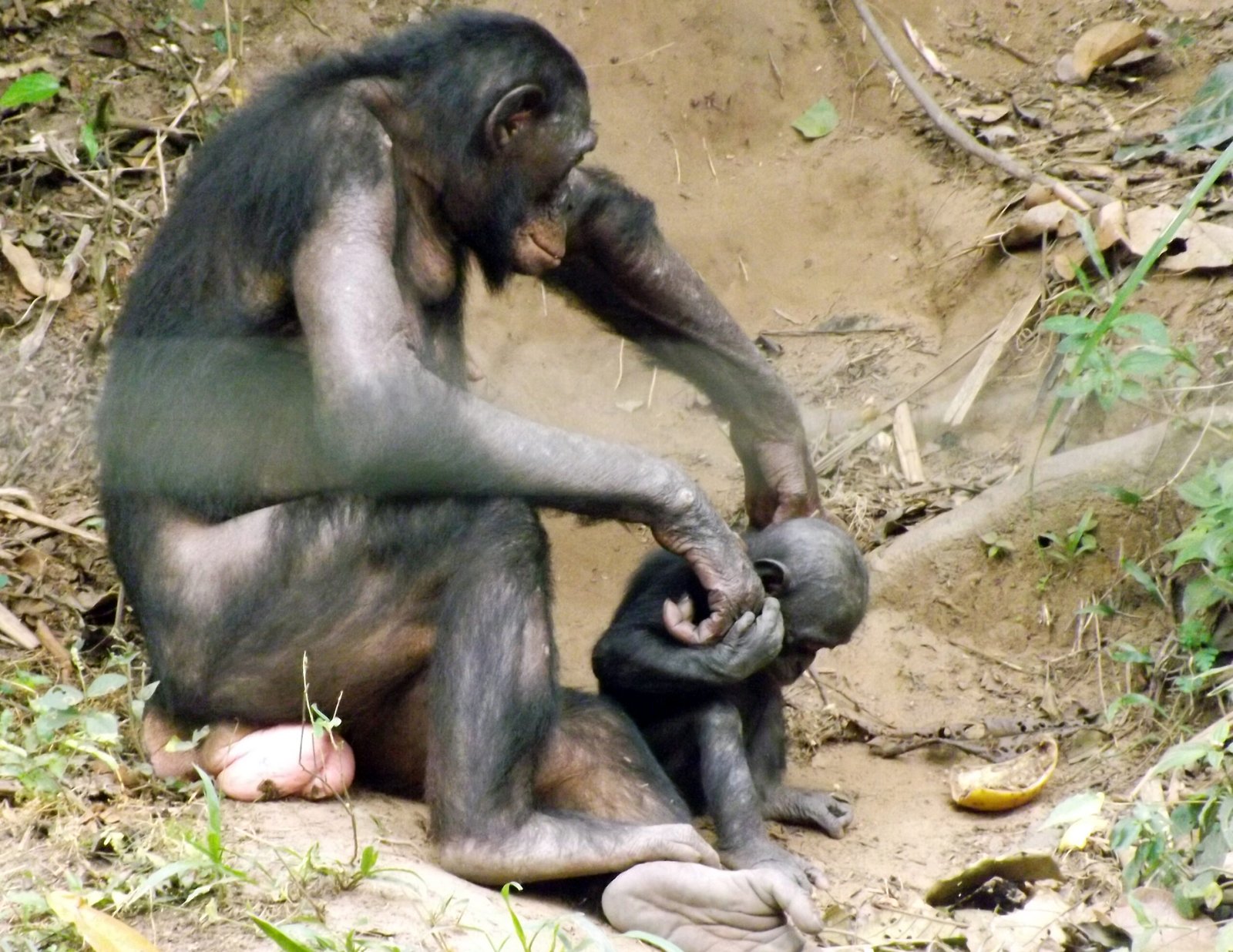
What drives bonobos to be so generous? One answer lies in their brains. Studies show that bonobos have well-developed regions associated with empathy and social bonding. When a bonobo sees another in need, it’s as if a switch flips—a desire to help, not out of obligation, but genuine connection. Some researchers believe this empathy is hardwired, a product of millions of years of evolution favoring cooperation over conflict.
Social Bonds Without Borders
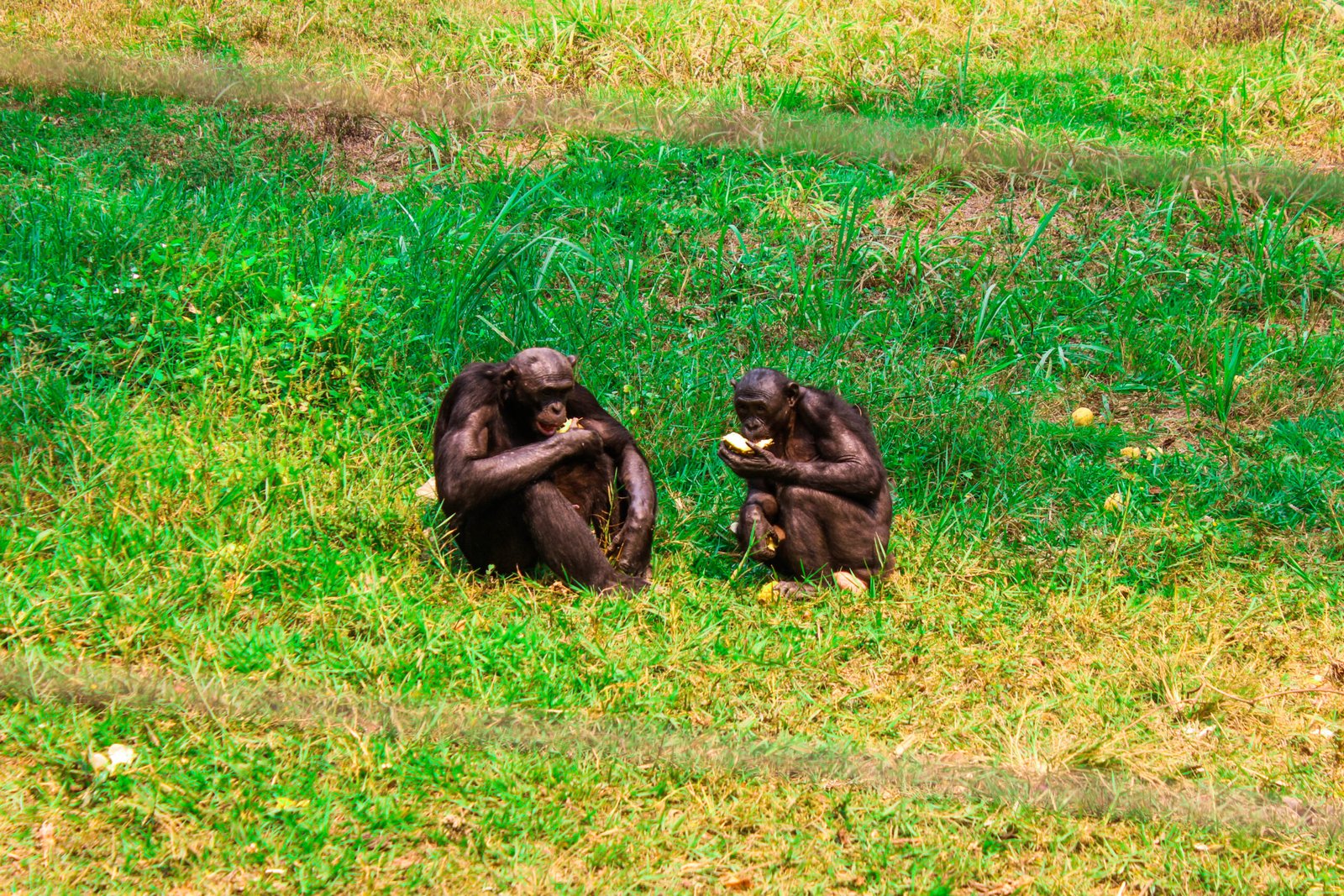
Unlike many primates, bonobos extend their social warmth beyond family and close friends. They’re quick to form new alliances and seem to relish meeting new individuals. In the wild, bonobo groups often merge and mingle without hostility. This openness helps explain why sharing comes so naturally to them. It’s as if their society thrives on inclusion, not exclusion—a trait that makes their generosity even more remarkable.
Lessons for Humanity
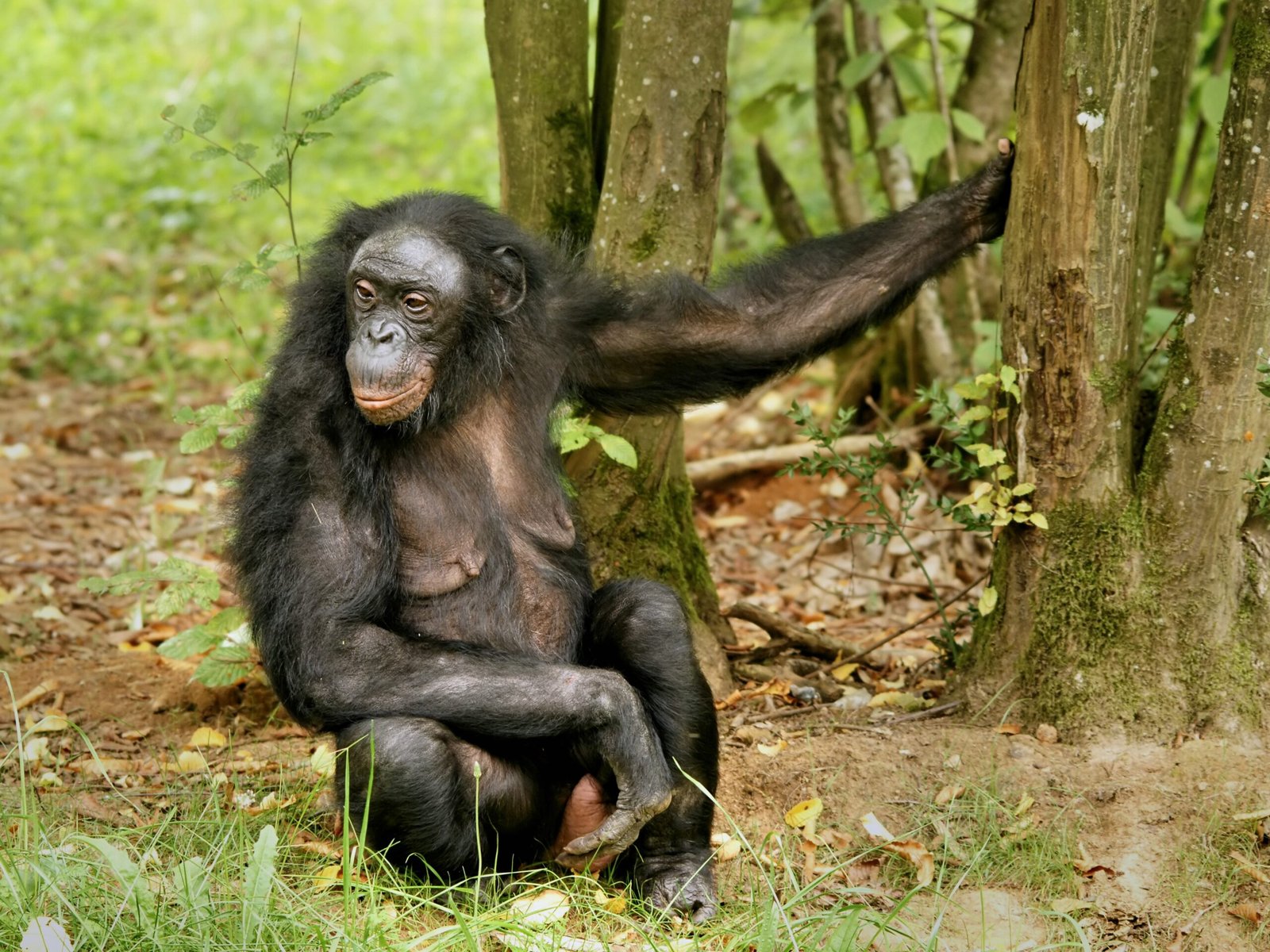
When we look at bonobos, we’re not just seeing another species—we’re catching a glimpse of what our own ancestors might have been like. The bonobo’s readiness to share, even with strangers, raises big questions about the nature of human kindness. Are we born to compete, or cooperate? The bonobo example suggests that our capacity for generosity may be far older and more instinctive than we think.
Real-World Observations: Stories from the Sanctuaries
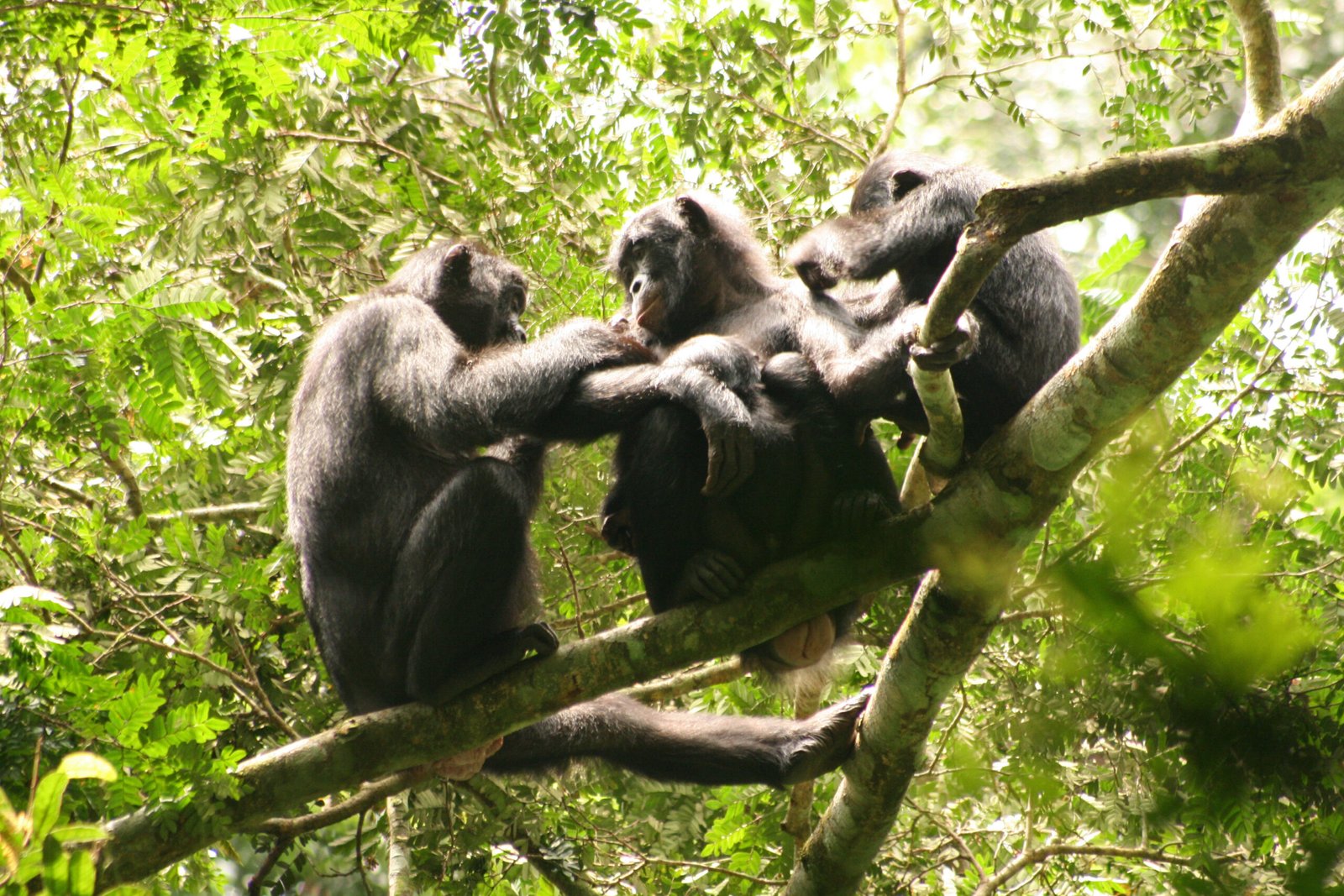
In rescue centers and sanctuaries, caretakers have witnessed extraordinary acts of sharing. A bonobo will break off a piece of fruit and hand it to a newcomer, often without hesitation. Sometimes, they’ll even comfort strangers who appear anxious or scared, offering food as a gesture of peace. These moments aren’t just heartwarming—they reveal a depth of social intelligence that rivals our own.
Comparing Bonobos and Chimpanzees
The contrast between bonobos and chimpanzees could not be sharper. While chimpanzees are known for aggression and strict hierarchies, bonobos favor negotiation and play. Chimpanzees rarely share food unless forced by persistent begging, while bonobos seem to give freely. Researchers often use this comparison to highlight the unique social strategies that have evolved in each species, showing how small genetic differences can lead to vastly different cultures.
Evolutionary Roots of Generosity
Why did bonobos evolve to be so giving? Some scientists believe it’s tied to their environment. Living in lush forests with abundant resources, bonobos faced less competition for food than other apes. Over time, this abundance may have encouraged cooperation and sharing. With less pressure to fight for every meal, trust and generosity could flourish. This evolutionary pathway offers a hopeful perspective—that kindness can thrive when the threat of scarcity is removed.
Implications for Conservation and the Future
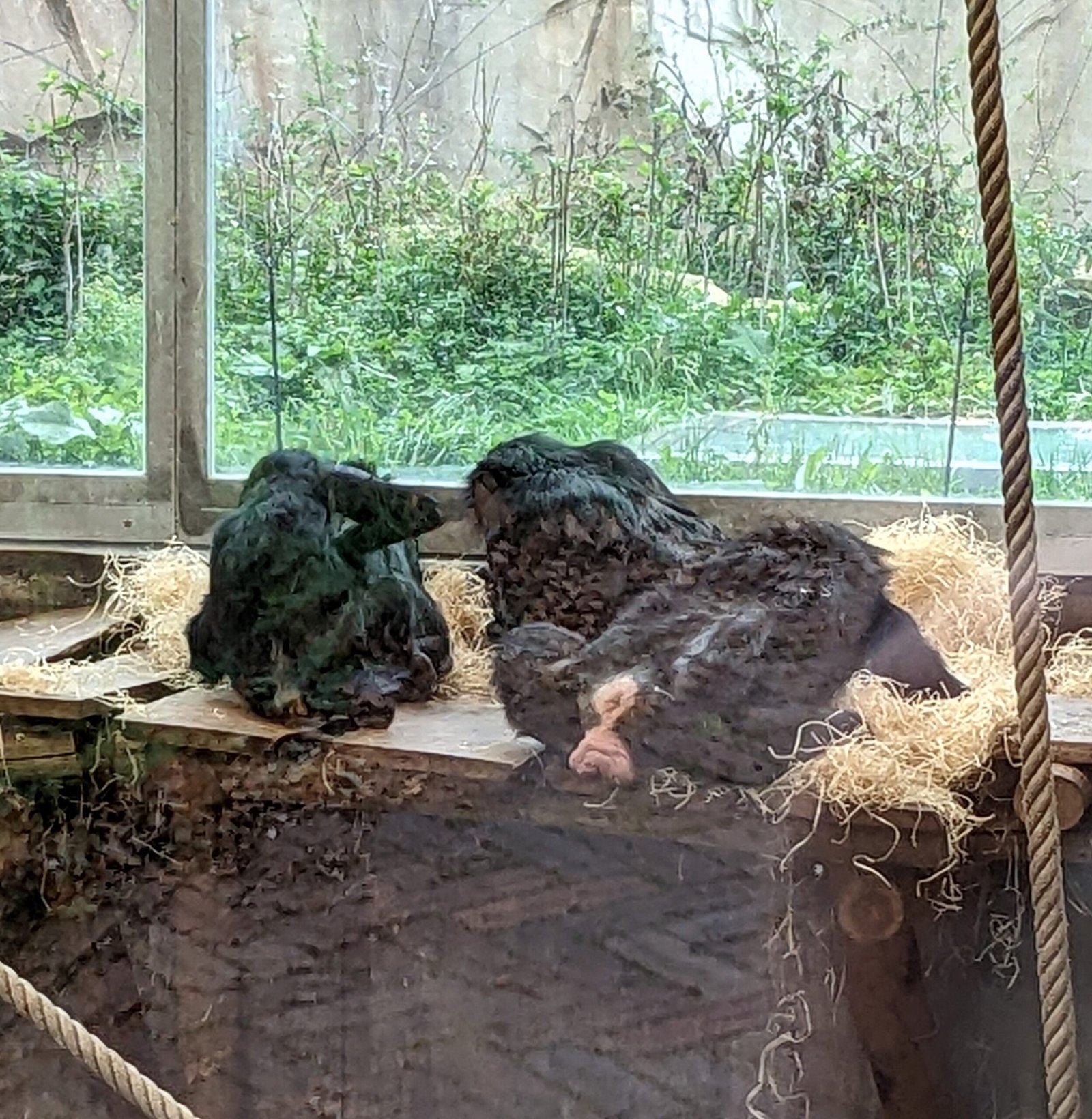
Understanding bonobo behavior isn’t just an academic exercise—it has real-world consequences. As bonobos face threats from habitat loss and poaching, learning about their unique social lives can inspire stronger efforts to protect them. Their gentle nature reminds us of what’s at stake: a world where sharing and empathy aren’t just possible, but natural. The more we learn from bonobos, the more we realize how much we have to gain by preserving their way of life.
What Bonobos Reveal About Ourselves
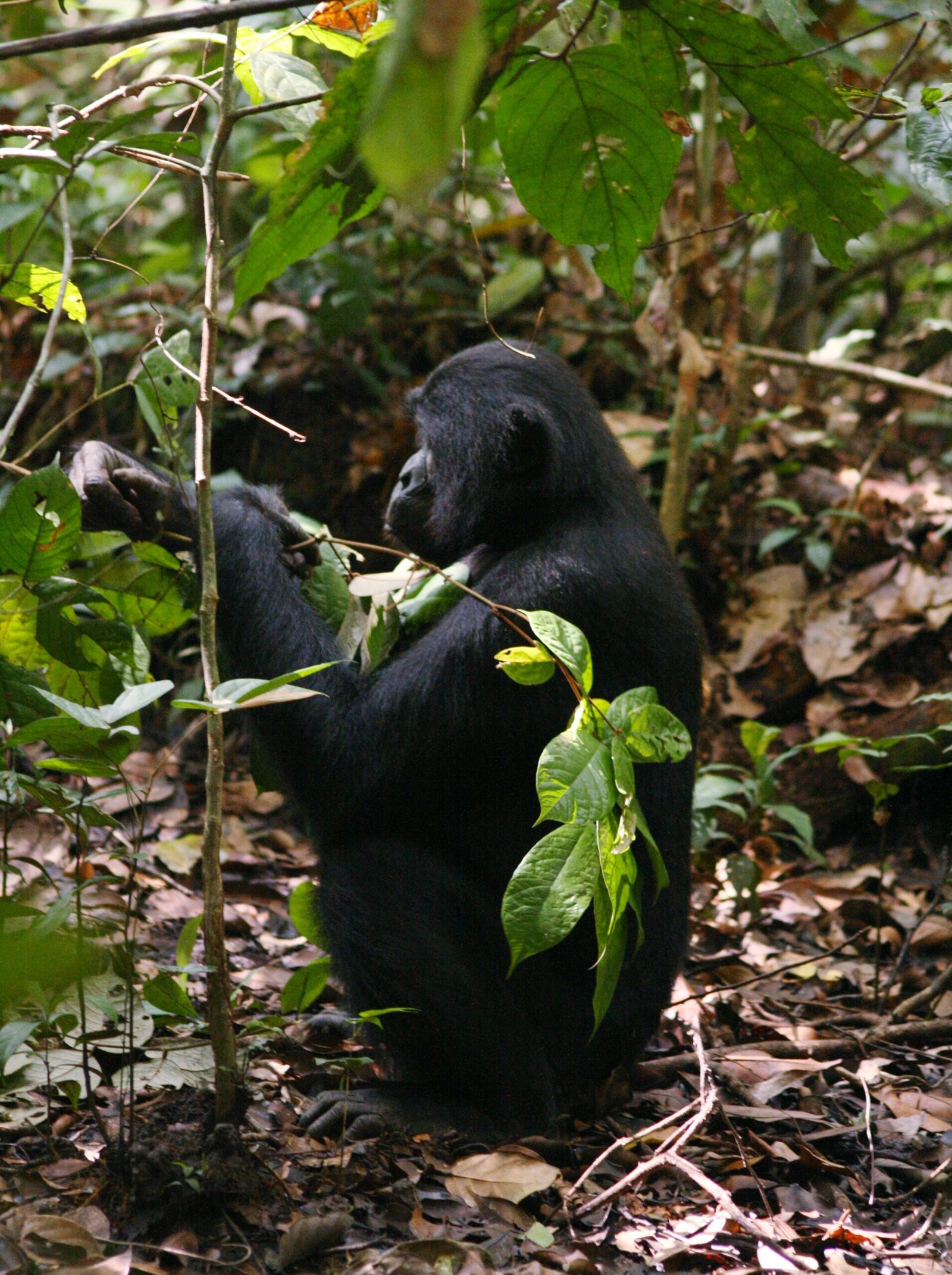
Bonobos, with their surprising acts of generosity, hold up a mirror to humanity. Their willingness to share food with strangers isn’t just an oddity—it’s a profound reminder that kindness exists for its own sake, even in the wild. As we grapple with questions about empathy and cooperation in our own societies, the bonobo’s story offers both hope and challenge. If they can be generous for no reason at all, what might we be capable of, if we simply tried?




